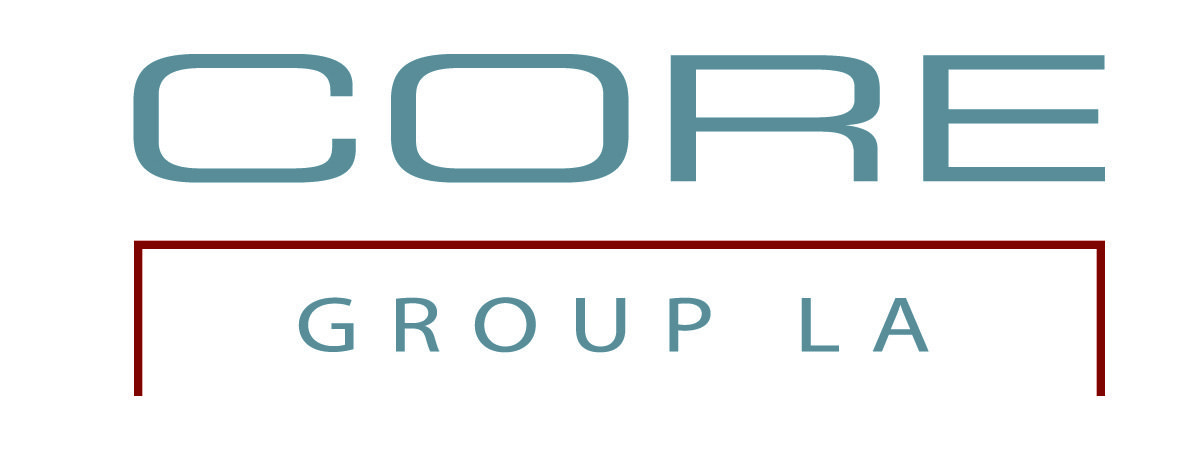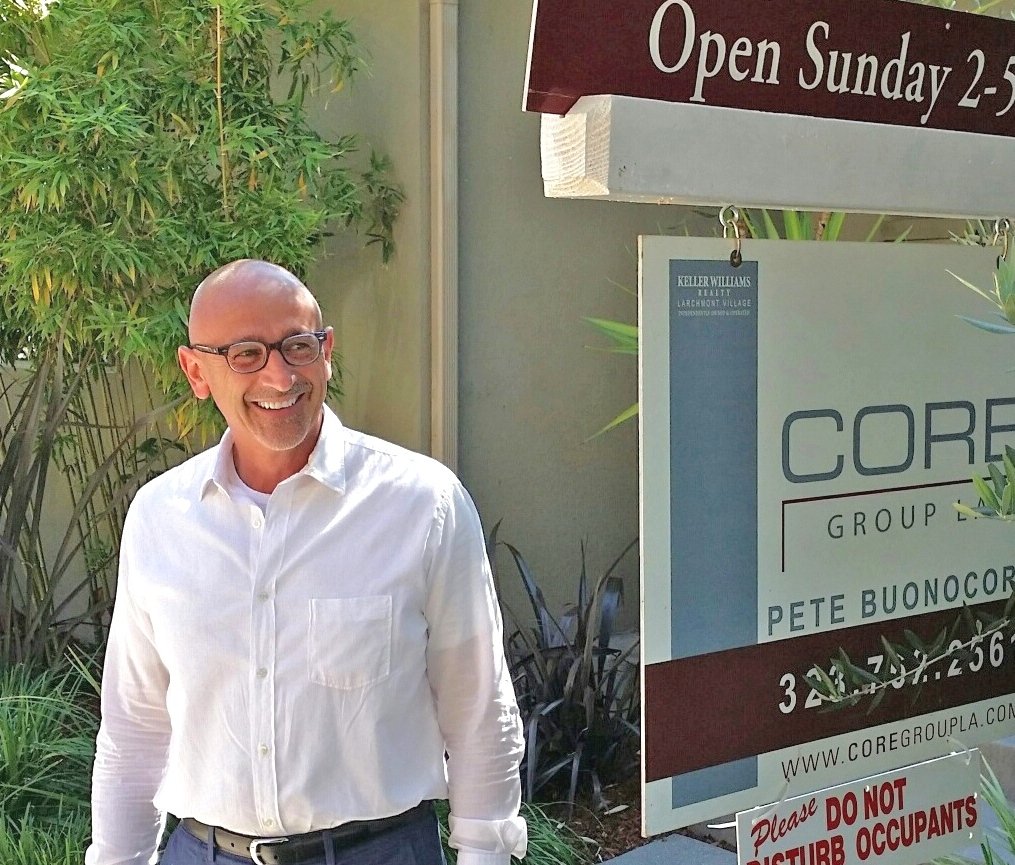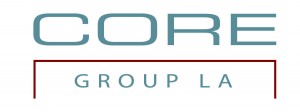FROM REALTOR.COM:
Few will be reluctant to say goodbye to 2020. With vaccines rolling out, the days of the deadly pandemic that bludgeoned the nation’s economy seem to be numbered. Good riddance! But the soaring home prices that became a hallmark of the COVID-19 crisis may be here to stay.
Realtor.com®’s 2021 housing forecast predicts record-high prices will continue rising in 2021, delivering a blow to first-time buyers and those on a budget. Mortgage interest rates, which hit historic lows this year and helped fuel the go-go growth in U.S. housing markets, are also expected to tick up again, making monthly housing payments ever more expensive.
So folks shouldn’t hold their breath for a bargain.
However, the pace of the wild price growth seen in 2020 will slow. Prices are expected to jump 5.7% next year as a result of more properties forecast to hit the market, particularly in the second half of next year. While still unwelcome news for buyers, the double-digit price hikes seen this year aren’t expected to carry over into the new year.
“We expect affordability to become a bigger challenge. It’s going to make [housing] more expensive,” says realtor.com Chief Economist Danielle Hale. “[But] home prices will rise slower than this year, on the upper end of what we consider normal price growth.”
The forecast anticipates mortgage rates will begin slowly going up toward the last half of 2021, reaching 3.4% by the end of the year. Mortgage rates are currently at an all-time low of just 2.72% for 30-year fixed-rate loans in the week ending Nov. 25, according to Freddie Mac. While a roughly 70 basis point rise isn’t dramatic, it will make those monthly mortgage payments even pricier. This has the potential to price out some buyers or force others to purchase cheaper abodes in less desirable locations.
However, even higher prices, and therefore higher required down payments, aren’t likely to keep the hordes of determined buyers at bay.
Sales of existing homes (i.e., previously lived in abodes) are projected to increase 7% in 2021. That’s coming as folks stuck inside their homes for months on end are seeking larger residences or ones with different features. Younger millennials are competing with older members of Generation Z for starter homes, and baby boomers are downsizing. Many apartment dwellers are also seeking homes on their own.
Ironically, it’s those high prices that are keeping prices from rising even further.
“Home prices can’t outpace income growth indefinitely. The higher prices rise, the harder it is for more buyers to get into the market. That tends to dampen demand,” says Hale. That means that with less competition, prices don’t have as much room to rise.
The bright spot for buyers is that more homes are likely to become available in the last six months of 2021. That should give folks more options to choose from and take away some of their urgency. With a larger selection, buyers may not be forced to make a decision in mere hours and will have more time to make up their minds.
The inventory bump is expected to be due to a combination of more sellers listing their properties as well as builders completing more abodes. Realtor.com predicts single-family housing starts, which are homes that have begun construction but aren’t yet completed, will rise 9%. And it’s sorely needed as there was an estimated shortfall of almost 4 million new homes heading into this year.
The new construction, while often more expensive than existing homes, are likely to appeal to move-up buyers looking for larger abodes with the latest amenities. Once those folks purchase these brand-new abodes, they typically list their existing homes, adding more inventory to the market.
“A lot of that new construction is not necessarily targeted at first-time buyers,” says Hale. “But we have seen builders shift what they’re building to better reach first-time home buyers.”
While 2021 is expected to be another banner year for sellers, most are also buyers. And while they can use their home equity to help finance their new abode, they’re still likely to be affected by the inventory shortage and loftier home prices and mortgage rates.
“Sellers are still expected to get top dollar for their home sales,” says Hale. “The biggest challenge is finding their new home.”
However, if 2020 has taught us anything, it’s that everything can change in an instant. If the nation undergoes additional lockdowns due to COVID-19, then fewer homes may go up for sale and the market could slow. If everything goes well with the vaccines being rolled out early, then the housing market could benefit with additional inventory and sales.
Another wildcard is the possibility of sustained economic pain. The country could still fall into a double-dip recession if unemployment remains high and businesses continue to suffer. Most folks need jobs to afford home purchases. If the economy doesn’t improve, it could put a dent in the market.
“The value of housing is tied to the economy,” says Hale. “As long as the economy continues to rebound, I expect the housing market will do well.”
WRITTEN BY CLARE TRAPASSO FOR REALTOR.COM




